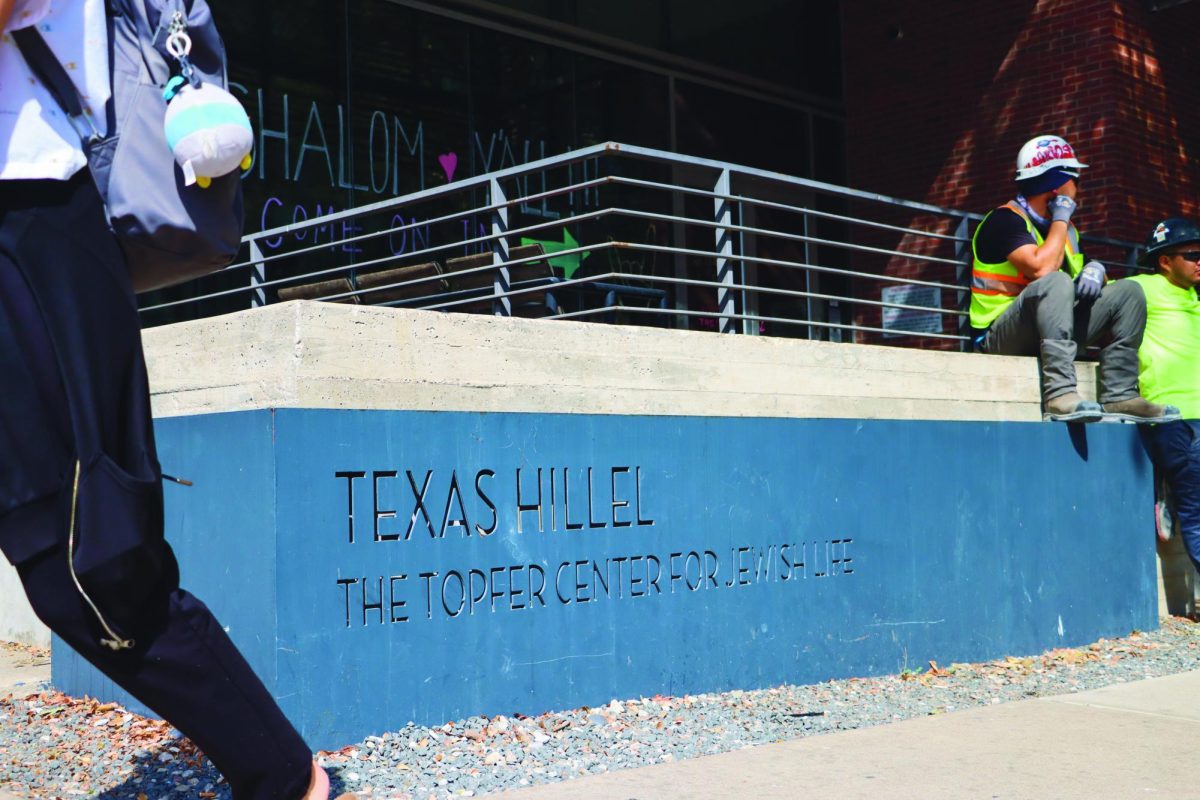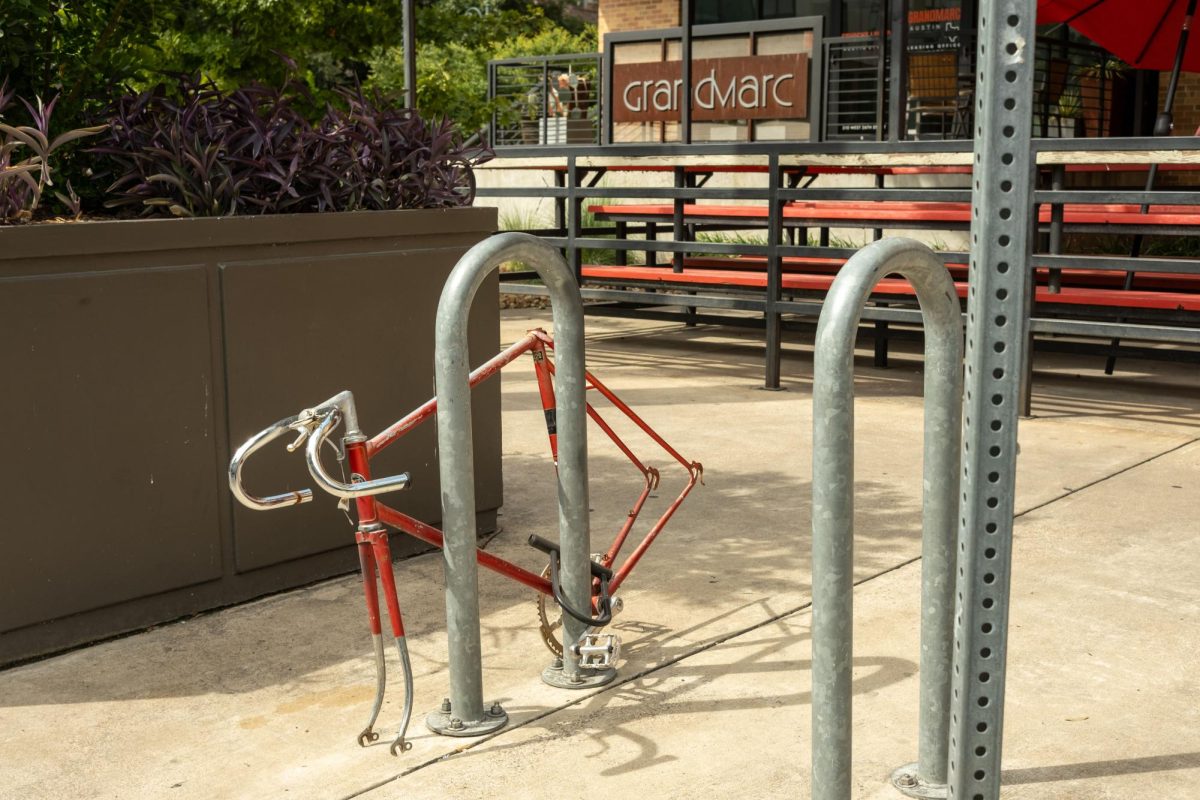A forensic scientist who analyzed DNA in UT dance freshman Haruka Weiser’s case has resigned after an investigation by the Texas Forensics Science Commission found she gave incorrect testimony during the pretrial hearings of the person convicted of killing Weiser, Meechaiel Criner.
Jody Koehler, a senior scientific advisor for the commission, resigned in early August after a 60-page report published by an external panel found her conduct in the hearings constituted “professional negligence,” according to the report
Prosecutors accused Criner of sexually assaulting and strangling Weiser in April 2016 after finding her walking alone on campus near Waller Creek. Criner is serving a life sentence in prison after being convicted of capital murder in summer 2018.
According to the report, Koehler analyzed the DNA while working for the Texas Department of Public Safety in 2017 and erroneously testified during pretrial hearings in June 2018 that Criner could be eliminated as a potential source for the foreign DNA found on a swab from Weiser’s thigh. Koehler and the DPS did not respond to requests for comment.
“Ms. Koehler provided inaccurate testimony as to the results and conclusions of the DNA analysis in Criner,” the report reads. “This erroneous testimony impacted the criminal case by substantially affecting the integrity of the results and conclusions presented.”
During pretrial hearings, Koehler was asked 10 times about her report’s conclusion of the DNA evidence, and she incorrectly testified 10 times that Criner’s DNA was excluded from the DNA in Weiser’s thigh swab, according to the report. In her report, she wrote that it was “inconclusive” whether or not Criner’s DNA was found.
According to the report, since at least two different DNA contributors were found in Weiser’s swab, one of whom was Weiser, Criner could not be excluded from the evidence as the other contributor.
The DNA evidence in Criner’s trial was thrown out during the pretrial hearings because District Judge David Wahlberg found Koehler failed to follow the DPS’ multistep standard operating procedure for new DNA-testing software she used. At the time of the pretrial, Koehler’s testimony was not known to be incorrect.
According to the report, Koehler also failed to provide an explanation to the investigation panel for her incorrect testimonies other than “I misspoke.”
“While ‘I misspoke’ might be appropriate if this was an isolated instance during testimony and the bulk of her testimony supported the true conclusion, repeating or agreeing with an unsupported conclusion 10 times and offering an explanation of ‘I misspoke’ is simply unacceptable,” the report reads.
The panel believed Koehler inadvertently wrote the wrong conclusion and did not purposefully violate professional and ethical standards, according to the report.




















